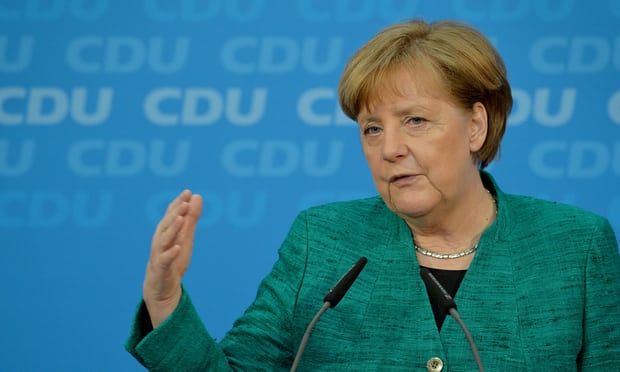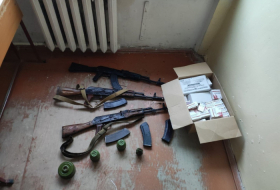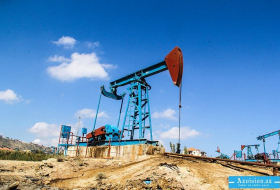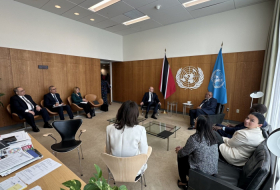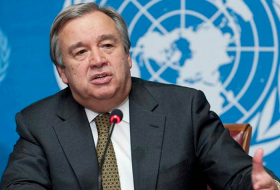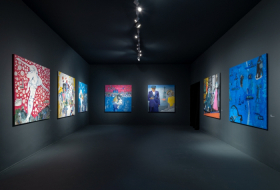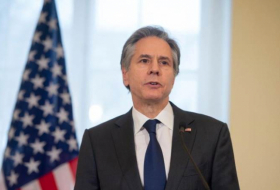Speaking after European elections where nationalists made gains and her Christian Democrats lost support, the German chancellor said “spectres of the past” meant the country always had to be vigilant.
“Germany … will not uncouple itself from developments we see all over the world, we see this in Germany as well,” she told CNN. “But in Germany they always have to be seen in a certain context, the context of the past, which means we have to be that much more vigilant than others.”
Her comments came just days after Germany’s ombudsman for antisemitism, Felix Klein warned German Jews not to wear kippahs in public after a spate of racist attacks.
“We have always had a certain amount of antisemites among us,” Merkel said in the interview. “Unfortunately there is to this day not a single synagogue, not a single day care centre for Jewish children, not a single school for Jewish children that does not need to be guarded by German policemen.”
She added: “Unfortunately over the years we have not been able to deal with this satisfactorily ... but we have to face up indeed to the spectres of the past.”
An outdoor exhibition of photographs of Holocaust survivors by German-Italian artist Luigi Toscano in Mainz, western Germany, is currently under police protection. Speaking after portraits in Vienna, Austria, were slashed and daubed with swastikas, Toscano described the vandalism as “the worst possible scenario … these survivors trusted me when I took their photos and now their pictures have been defaced.”
The United Nations Human Rights office on Tuesday condemned the attacks on the exhibition, which has been in 13 countries worldwide, and expressed concern “about the rise in antisemitic incidents taking place in a number of European countries and the United States.”
Merkel’s critics claim her decision to let almost 1 million refugees into Germany in 2015 contributed to a rise in support for the far right, in particular of the rightwing populist Alternative for Germany (AfD), but she defended her policy once again in the interview.
She said the best way to deal with immigration after humanitarian crises such as those in Syria and Iraq was not to “close ourselves off from each other”, but instead to be more vigilant to make sure that refugees were “adequately cared for”.
Merkel said it was a mistake for mainstream parties to cede power to populists and, due to Germany’s Nazi past, it was morally obliged to keep teaching the lessons of history.
“We have to tell our young people what history has brought over us, and others, these horrors,” she said. “It’s why we’re for democracy, why we try to bring about solutions, why we always have to put ourselves in the other person’s shoes. Why we stand up against intolerance, why we show no tolerance towards violations of human rights … The task has become harder but it needs to be done.”
Merkel said she had managed to find “common ground” with Donald Trump, despite a widespread perception that the two are frequently at loggerheadsover issues from the climate crisis to trade.
She said German chancellors were obliged to maintain relations with US presidents because “America has always defended us” and the decision the US took after the second world war to “give Germany and Europe a chance to actually develop themselves well”, through the Marshall Plan.
Contrary to reports she and Trump’s predecessor Barack Obama had always had a smooth relationship, she told CNN’s Christiane Amanpour it “did not start very smoothly”.
More about: #AngelaMerkel








